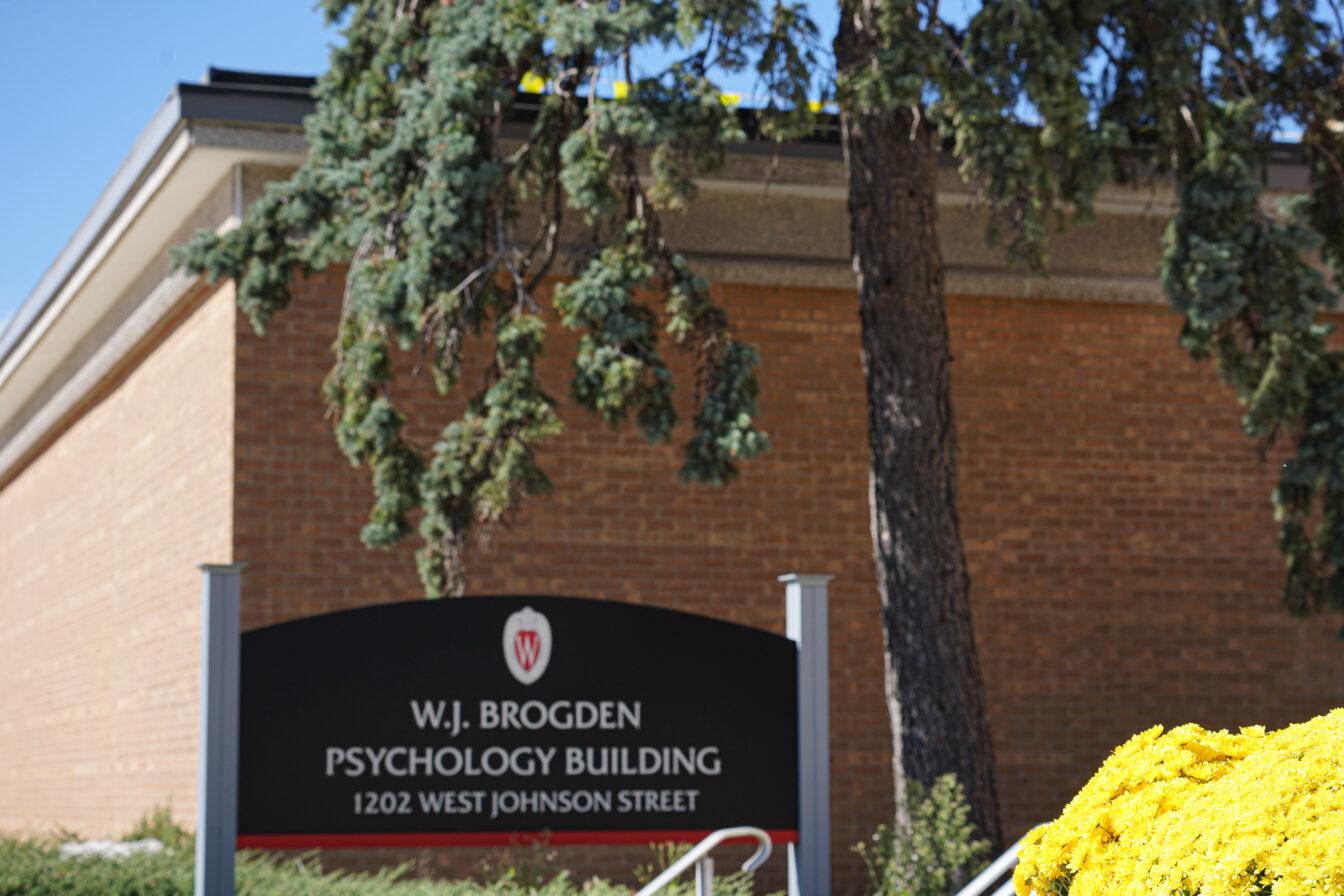The Brauer Group Lab at the University of Wisconsin Department of Psychology uses social psychology to facilitate classroom experiences that are more inclusive for marginalized students across the UW system.
Led by psychology professor Markus Brauer, the lab focuses on diversity and inclusion. One project at the lab focuses on encouraging and facilitating the success of marginalized students in STEM classes.
According to the American Psychological Association, social psychology is a branch of research that investigates the complexity of social interactions. Internal biases, social norms and stereotypes all fall under this category. Thus, there are many different applications of this research — well as many different projects within the lab.
According to the Brauer Lab website, the existing strategies to reduce discrimination in the classroom are not supported by research, meaning researchers and educators don’t know if current strategies actually reduce discrimination.
The Brauer lab aims to change this. Using a scientifically rigorous approach to correct this shortcoming, the lab analyzes empirical data such as surveys of marginalized students and grading statistics. This allows the lab to make more concrete conclusions about what measures teachers can take to increase inclusivity in their classrooms. Currently, educators rely on small case studies to inform their inclusivity policies.
“The emphasis is less, now, on producing new findings but rather on producing findings that are solid and more universally applicable than single case studies,” Brauer said.
Brauer collaborates with instructors from across the UW system to design new inclusivity techniques. He designed an experiment to find the efficacy of various inclusivity efforts. For example, he found increasing flexibility of due dates is a successful measure. Brauer said he aims to identify what social psychology techniques should be used to increase inclusivity in classrooms.
Brauer said collaboration in psychological research should happen between researchers and the marginalized students his lab aims to help — not just between the members of his lab and other experts on the topic.
“I don’t know anything about entrepreneurship,” Brauer said. “But I know from surveys that female students are less likely to be interested in it than men. I work with professors on campus who teach entrepreneurship, and in turn I teach them how to make their classes more inclusive to women.”
Brauer said prejudices and stereotypes are a persistent issue not only in the classroom but in all facets of society. As such, another focus of the Brauer lab is collaborating with experts in other fields to increase diversity in their own fields such as business and statistics.
Brauer said his lab creates inclusivity interventions employers can use to increase marginalized groups’ interest in fields with low diversity. Examples of interventions include conducting anonymous hiring processes, which combats implicit bias and increases marginalized groups’ success.
“I like the fact that [this research] focuses on tangible problems with clear solutions,” Brauer said. “People are very interested in what we have to say because it’s very obvious the positive impact of increased inclusivity on the learning experience.”
In addition to their research on discrimination and inclusivity, the Brauer lab also investigates communication techniques that will decrease the animosity between different communities. Their goal is to help increase cooperation between people of different political affiliations when addressing climate change and sustainability.
Undergraduate senior Jassia Ahmad has been a part of the lab for over a year. While assisting a graduate student in the Brauer lab she designed an experiment to study potential advocacy techniques. These techniques were designed to increase awareness of the climate crisis in conservative areas, Ahmad said.
Ahmad said effective communication and advocacy is highly dependent on context. Information that may convince a liberal voter to support climate change policy will often have the complete opposite effect on a conservative due to how it’s presented. As such, the goal of Ahmad’s research is to find methods of communication that convey the importance of climate intervention without alienating conservative communities in the process.
Ahmad is currently canvassing conservative areas and distributing door hangers with the same information on climate change presented in different ways as well as a survey for residents. She then compares the efficacy of the messaging based on how the information was presented. Once Ahmad collects the survey data, she will analyze the data to determine what communication techniques were most effective for changing the participants’ minds about the importance of climate change.
According to Ahmad, she will extrapolate how those techniques can be used to convey other important information.
“I’m very excited to be in the field with this project,” Ahmad said. “It feels great to know that the work I’m doing is having a real impact on people’s lives.”


